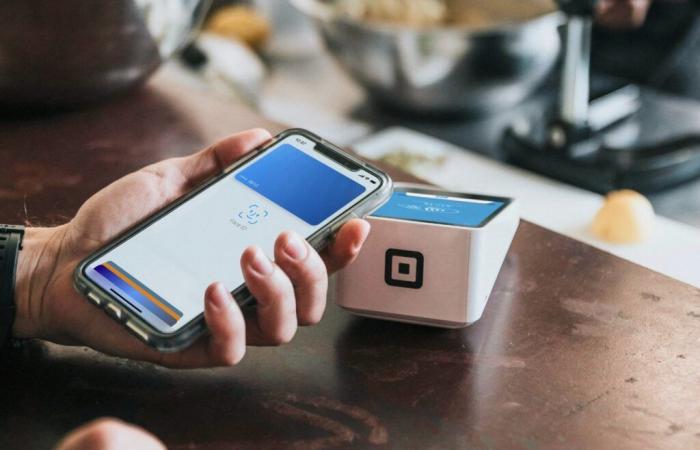From January 9, 2025, instant transfers in euros will become more accessible thanks to new European regulations. This measure aims to simplify money transfers while strengthening their security, even if a significant risk remains.
The European Union is taking a step forward by making free instant transferslike traditional transfers. From January 9, 2025, these rapid transactions, which are carried out in ten seconds, will no longer be able to be billed by French banks, bringing simplicity and savings to users, but will also require more vigilance on their part.
Instant transfers: fast transfers and now free
From January 9, 2025all French banks will have to offer instant transfers at the same cost as traditional bank transfers, in other words free of charge for the majority of customers. These operations, which allow funds to be transferred in seconds, replace the traditional delays of 24 to 48 hours. This change is part of a European desire to democratize this method of payment, until now marginalized by fees considered dissuasive.
Read: to pay online, the world is divided between Visa and PayPal
The schedule provides that banks will allow their customers to receive these transfers from January 9, 2025, and that they will make their issuance possible for everyone by October 9, 2025. In countries of the European Union which do not use not the euro, this obligation will be postponed until January 9, 2027.
Concerns about security
Unlike traditional transfers, instant transfers are irrevocable. Once the money is transferred, there is no going back, even in the event of an error or fraud. According to data from the Banque de France dating from 2023, instant transfers have a fraud rate approximately 42 times higher than traditional transfers. This observation alarms experts, who point the finger at increased risks linked to the speed and irrevocability of these operations. However, it is important to note that the fraud rate of instant transfers remains lower than that of bank card payments.
Read: Paylib becomes Wero, a payment service dreams of replacing Apple Pay within 4 years
To address these concerns, regulations require banks to put in place reinforced control mechanisms. From January, they will have to systematically and free of charge check the consistency between the beneficiary's name and the IBAN before any transaction. This measure aims to limit data entry errors and prevent fraud, but will not be enough to eliminate all risks. Users of instant transfers are therefore called upon to be extra vigilant regarding the recipients of the payments.
???? To not miss any news from 01net, follow us on Google News and WhatsApp.
Source :
Capital






